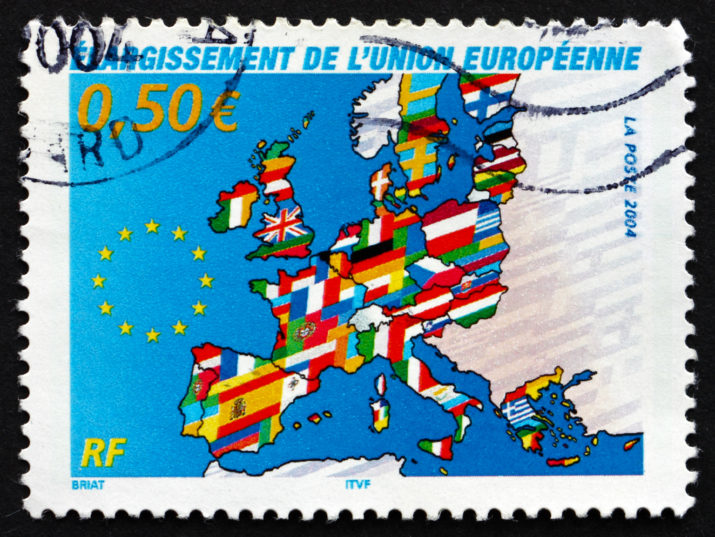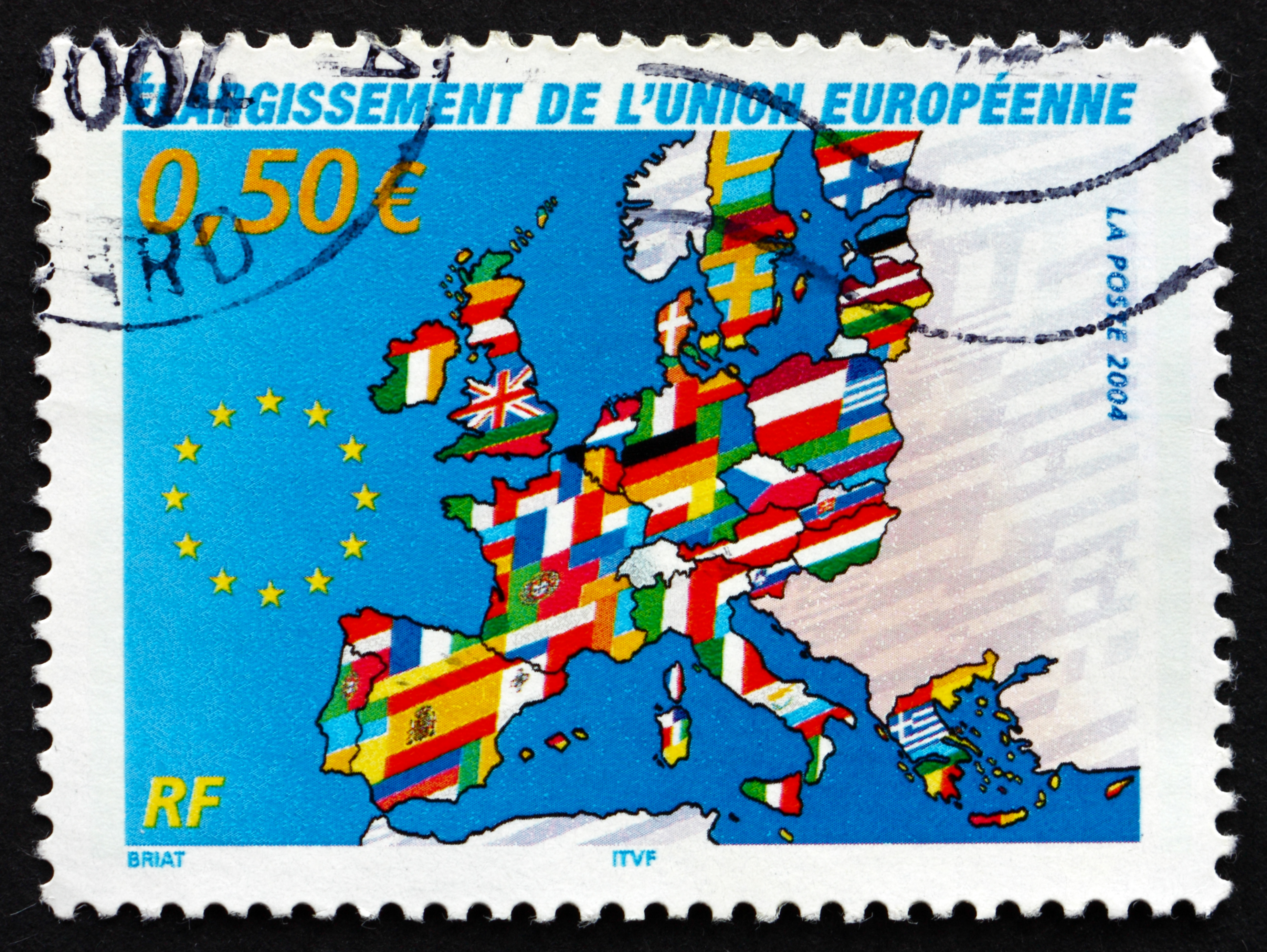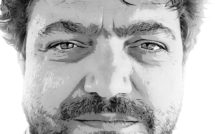

This is part of our campus spotlight on the University of Amsterdam.
Course Contents
“European Integration” is designed for first-year students in the European Studies program. In this course, students study the history of European integration and acquire a basic understanding of the institutions of the EU and its policies.
The course starts with an in-depth analysis of the historical developments from the interwar years onward (week 1, 2, 3). In the historical part of the course we pay attention to strategic choices made in the past as well as to unintended developments. We show how important it is to study the European Communities and the EU in larger historical contexts. This part is followed by overview about the EU institutions and the introduction of four explanatory theoretical models of European integration: neo-functionalism, liberal intergovernmentalism, social constructivism and multi-level governance (week 4 and 5). Week 6 and week 7 are devoted to a variety of EU policy fields (agricultural policy, cohesion policy, external policy and cultural policy). We also discuss topical issues such as the assumed democratic deficit of the EU, the influence of lobby groups, or the EU’s deficiencies in dealing with migration. Throughout the course, students learn to understand and apply essential theoretical approaches to European integration. The last month of the course (week 9, 10, 11 and 12) is entirely devoted to academic skills (particularly academic writing).
Description of the Course
The course structure consists of two lectures a week, combined with one weekly seminar. During the lectures the main themes and topics are introduced. The seminars allow for a more in-depth discussion of these themes and topics. Additionally, the prescribed readings are explained and contextualized. During these seminars active learning is central. The students carry out a weekly media analysis in which they critically assess a news item about European integration which links up with the topic(s) discussed in the lectures of that week.
In this course, students are graded on the following assignments:
- Weekly news analysis during seminar
- Written assignment: Theoretical analysis primary source
- Final exam
- Essay proposal
- Final essay
During the seminar, the students work on a written assignment which entails the contextualization of a primary source on European integration and the application of insights of European integration theory to explain the nature of the primary source. This written assignment will be the starting point for a final essay which should be finished in week ten.
Key objectives
By the end of this course, the students should be able to distinguish the several historical mechanisms that influenced the European integration process and critically assess the impact of historical events for the current EU. Additionally, students should be able to utilize European integration theories to understand and explain the processes of Europeanization on different levels and in different fields. They should be able to differentiate between the most important EU institutions and understand the variety of influence and competences of the EU in distinct policy fields. Finally, they should acquire knowledge about working with primary sources and be able to apply theories on European integration to analyze these primary sources.
Why study the process of European Integration?
Global power relations, the global economy, corporate interests, national interests, historical traditions, public opinion, stereotypes, institutional settings, and personal relations of politicians, policy officers and experts, all impact upon each other in the process of European integration and European policy making. This course will reveal how knowledge about the history and theory of European integration, the constellation of its institutions, the governance of the EU and its diverse policy fields are important to fully understand the complexity of these processes. One of the main objectives of this course is to gain a better insight in the value of European integration theory to make sense of these complex processes.
Readings
- Meurs, Wim van, Robin de Bruin, Liesbeth van de Grift, Carla Hoetink, Karin van Leeuwen and Carlos Reijnen. The Unfinished History of European Integration. Amsterdam: Amsterdam University Press, 2018.
- McCormick, John. European Union Politics. Basingstoke: Palgrave Macmillan, 2015.
- Several other articles and book chapters.
Course Outline
Week 1:
Lectures
-Introduction
-The “German Question” and the integration of Europe
Seminar
– Explanation assignments
Week 2:
Lectures
-The end of the French empire and the construction of the European Communities
-The UK’s accession to the EC and the “re-nationalization” of the European Communities
Seminar
-The European Communities under construction: Luxembourg Compromise
Week 3:
Lectures
-The end of the Cold War and the establishment of the European Union
-Maastricht, Nice and Lisbon Treaties
Seminar
-Maastricht Treaty and after
Week 4:
Lectures
-European Integration Theory
-EU Policy Making
Seminar
-Integration Theory
Week 5:
Lectures
-European Parliament and Citizen Participation
-Lobby and Agencies
Seminar
-Policy, Parties and Democracy
Week 6:
Lectures
-Academic Skills
-External Policy
Seminar
-External Policy
Week 7:
Lectures
-Agricultural Policy and Cohesion Policy
-Cultural Policy
Seminar
-Feedback on essay proposal
Week 8:
-Final Exam
Week 9-12:
-Feedback on draft essay, handing in of final essay, re-sit final exam
Claske Vos is a lecturer and researcher at the European Studies Department at the University of Amsterdam. She investigates how European institutions employ cultural policy in (potential) candidate countries as a means to transcend national identifications and facilitate European integration processes. Through a comparative study of Bosnia and Herzegovina, Northern Macedonia and Serbia she analyses how cultural workers in Southeast Europe (re)inscribe themselves in a larger European cultural space. Her research interests are the anthropology of EU policy, European cultural policy, cultural heritage, Southeast Europe and European identity formation.
Robin de Bruin lectures in modern European history at the European Studies Department of the University of Amsterdam. He has published on European integration history and the entanglement of processes of decolonization and European integration for the Journal of European Integration History and several other journals. He is co-author of a textbook on European integration history (with Wim van Meurs et al.), The Unfinished History of European Integration (Amsterdam: Amsterdam University Press, 2018). His recent projects include an edited volume (with Marjet Brolsma and Matthijs Lok) entitled Eurocentrism in European History and Memory (Amsterdam: Amsterdam University Press, 2019).
Published on January 16, 2020.




